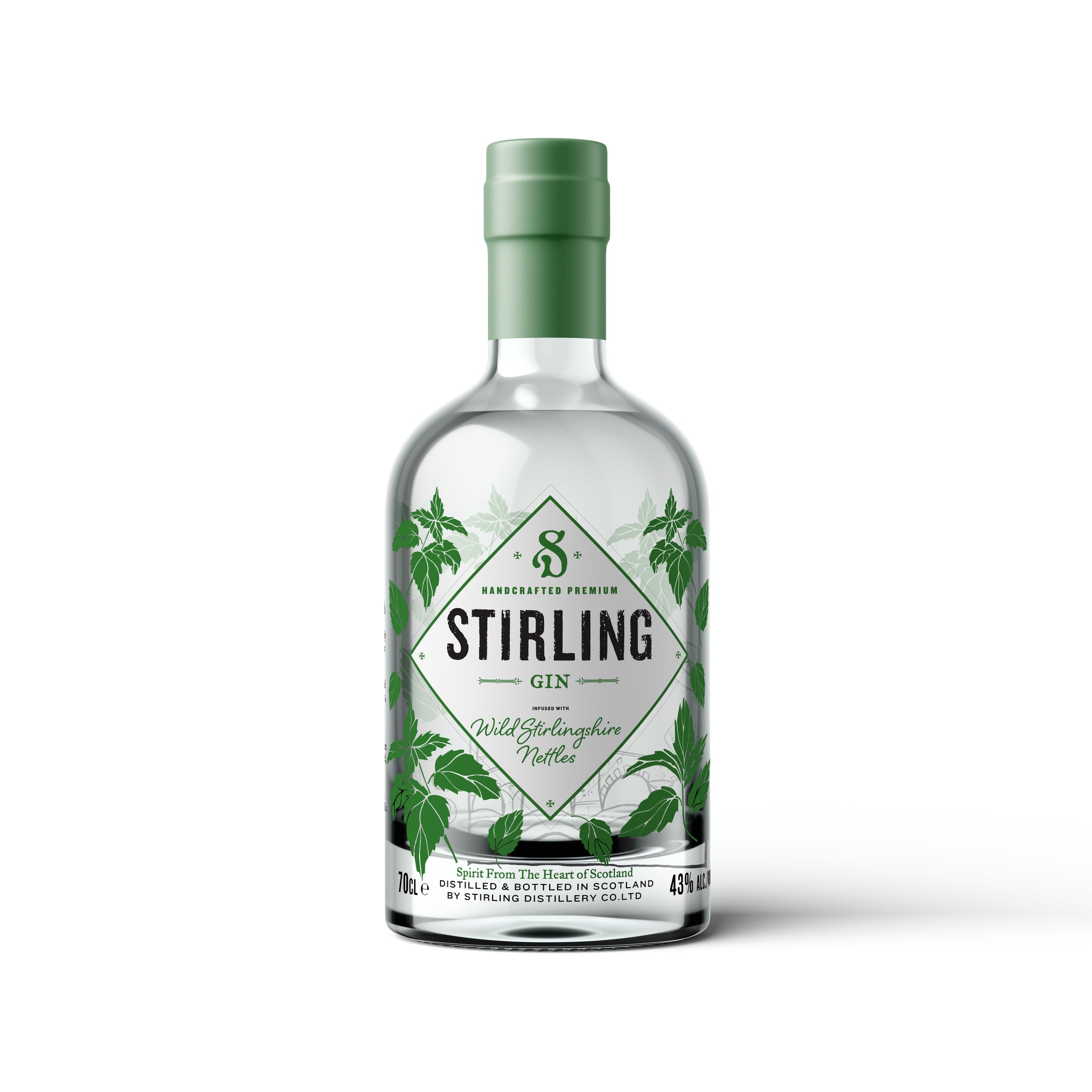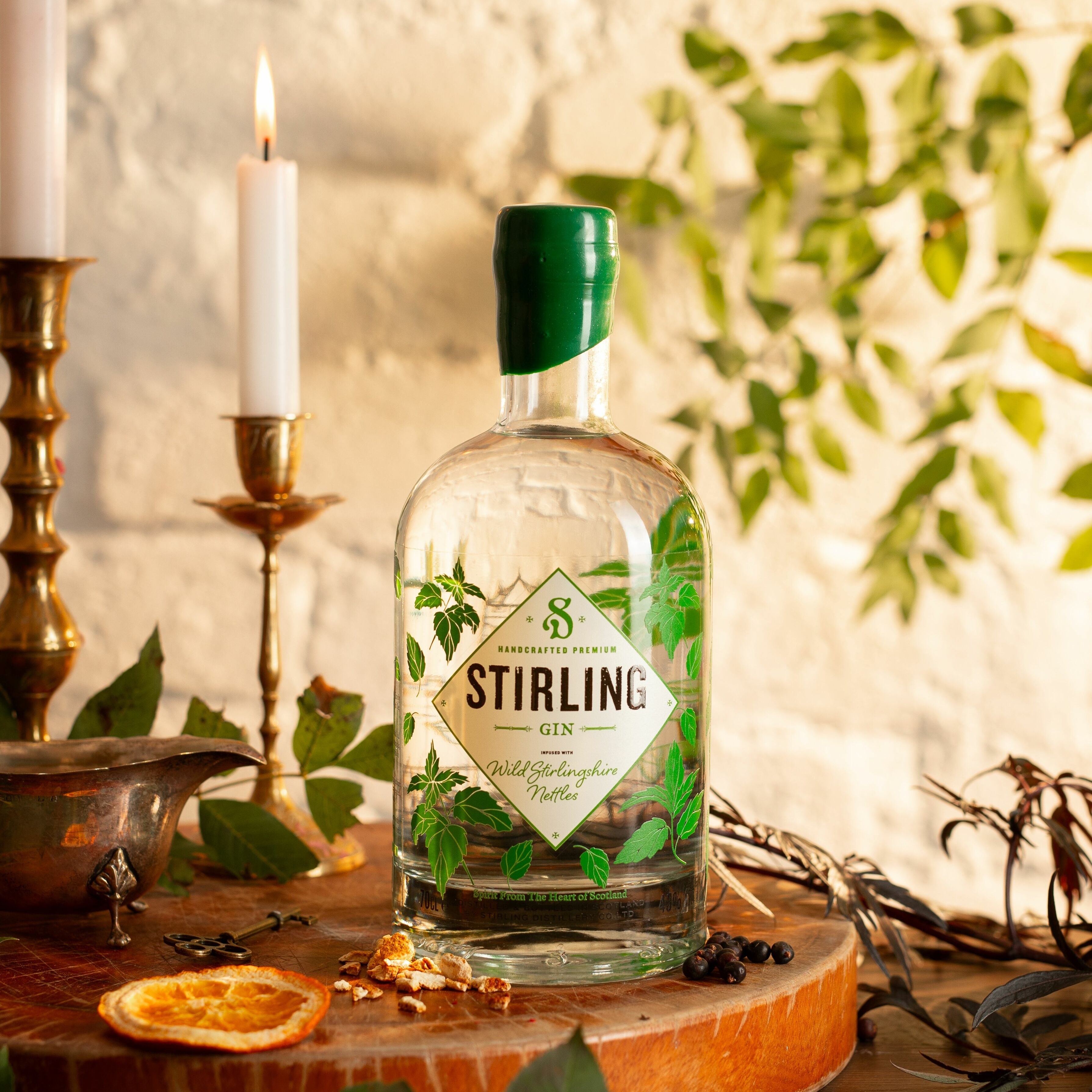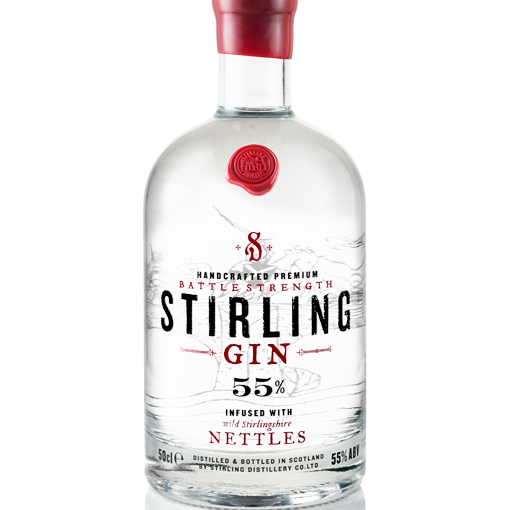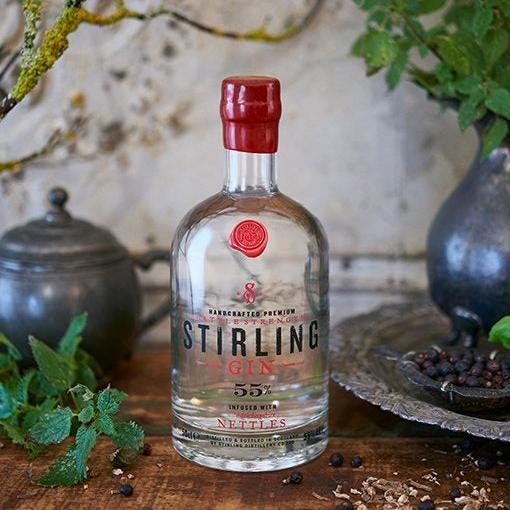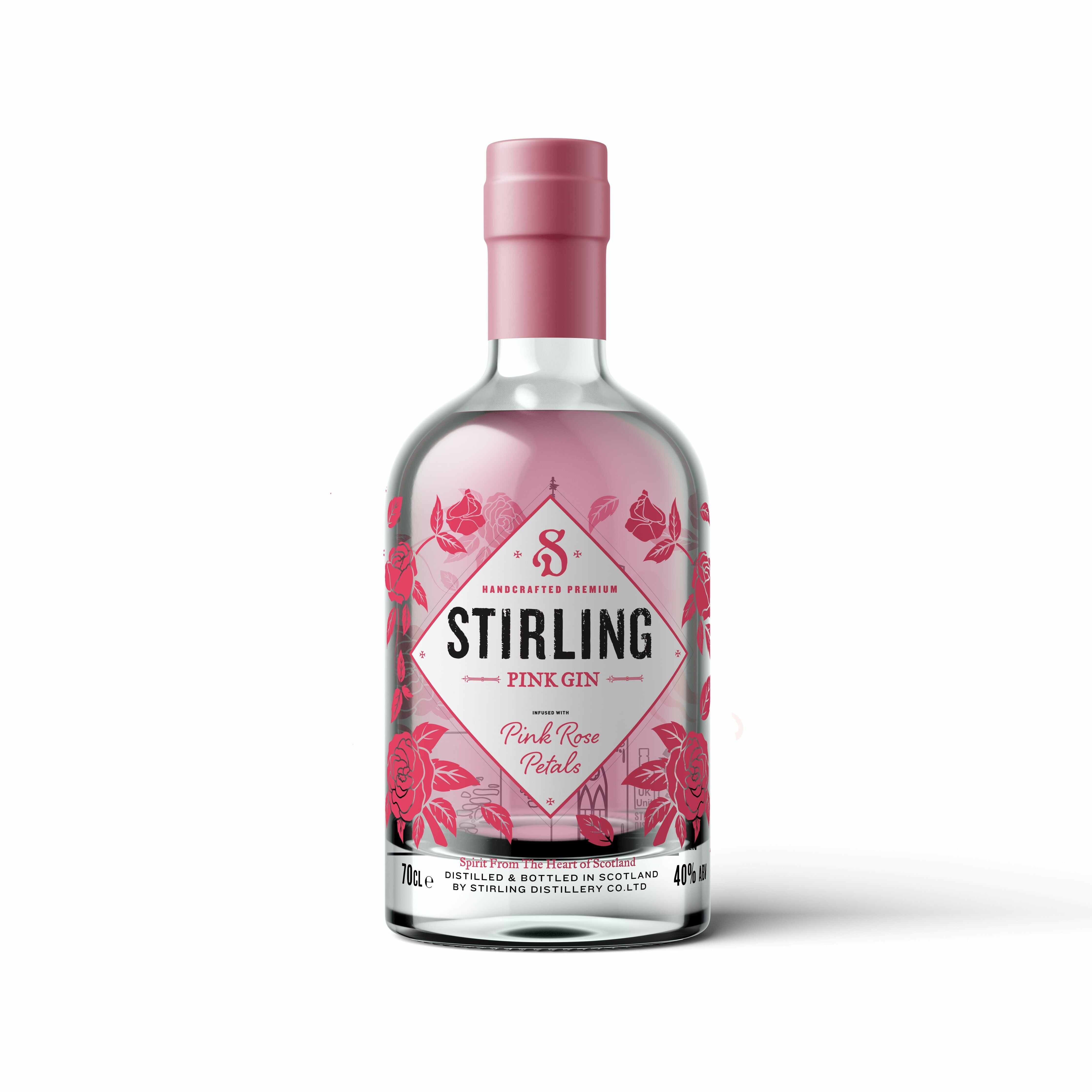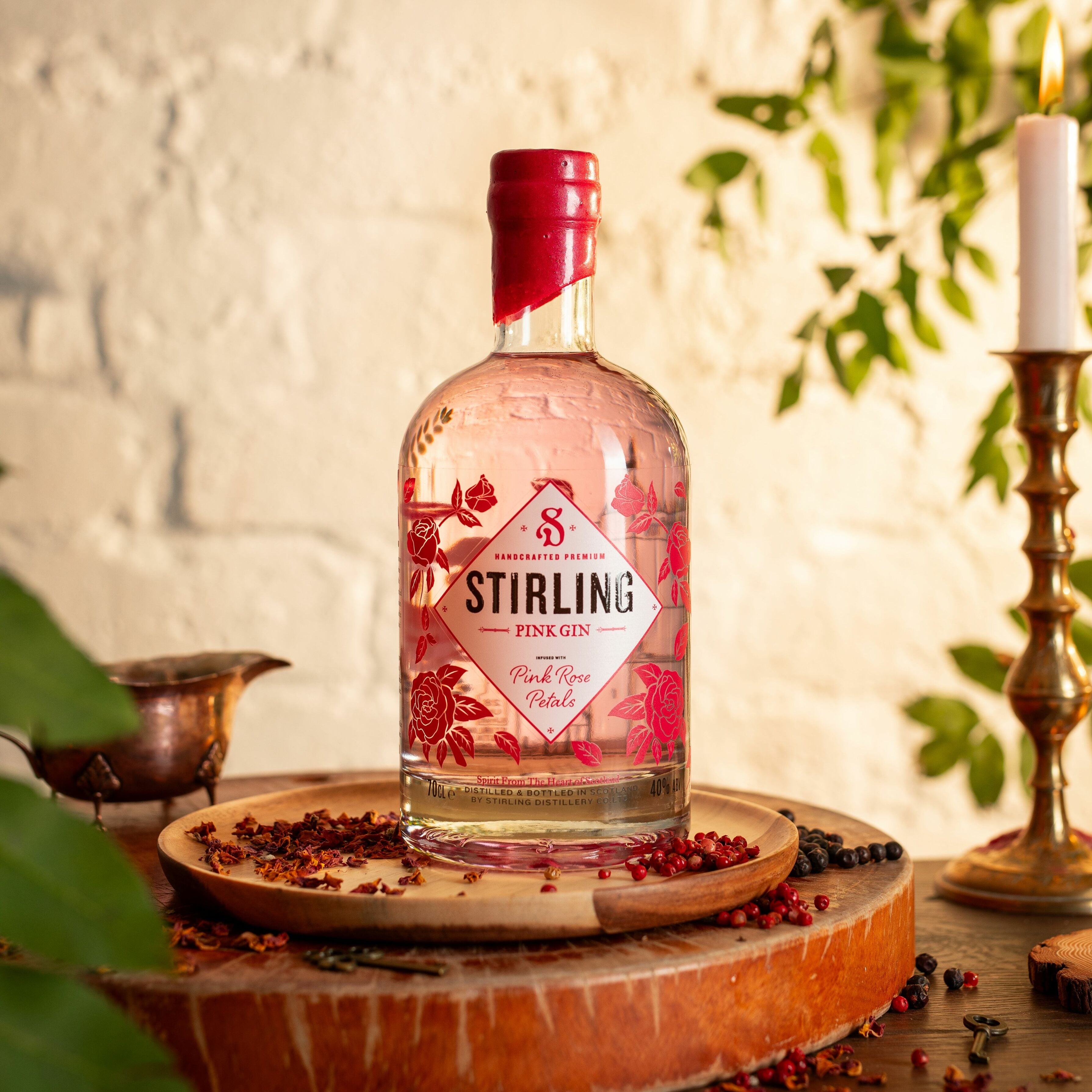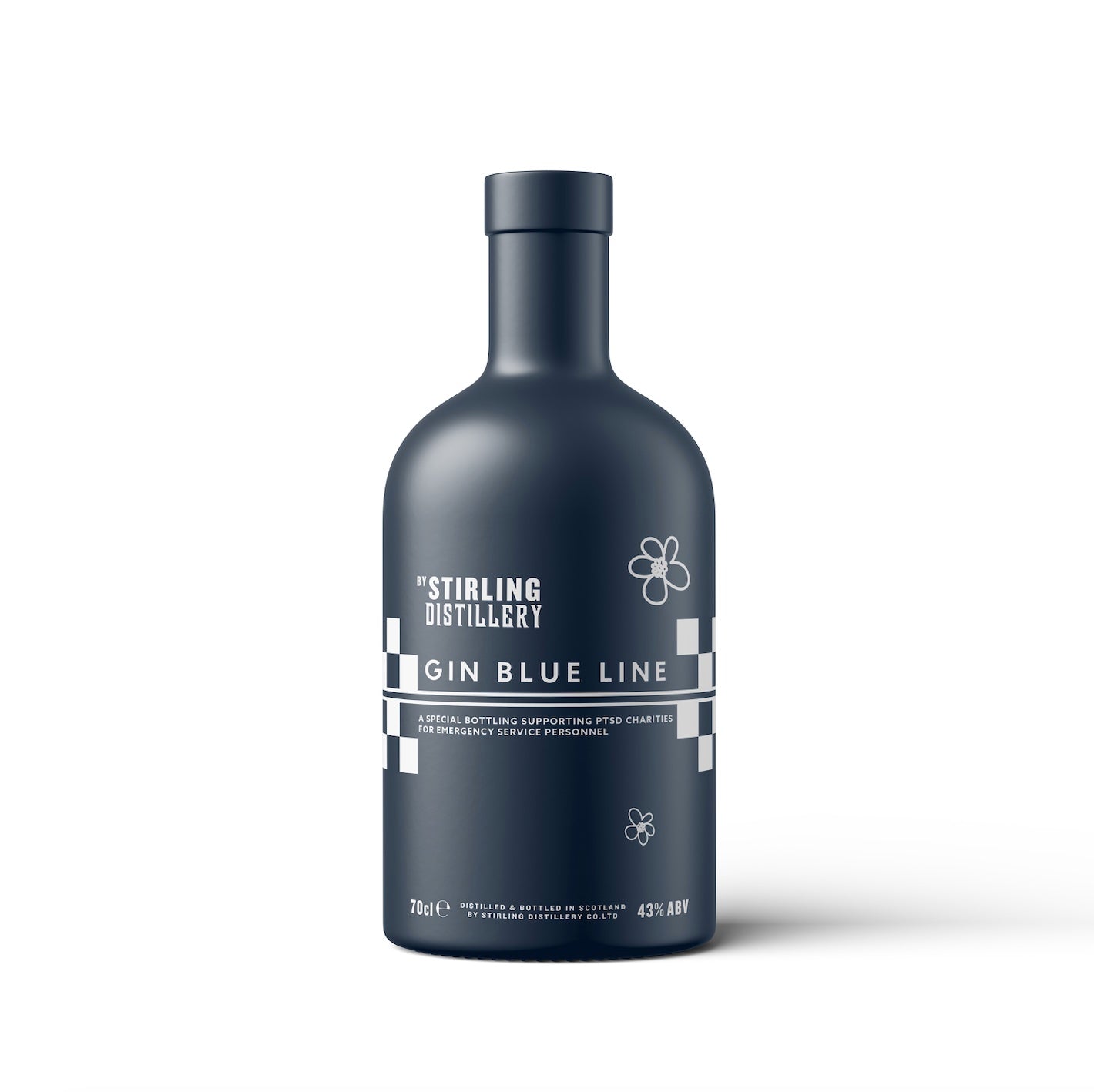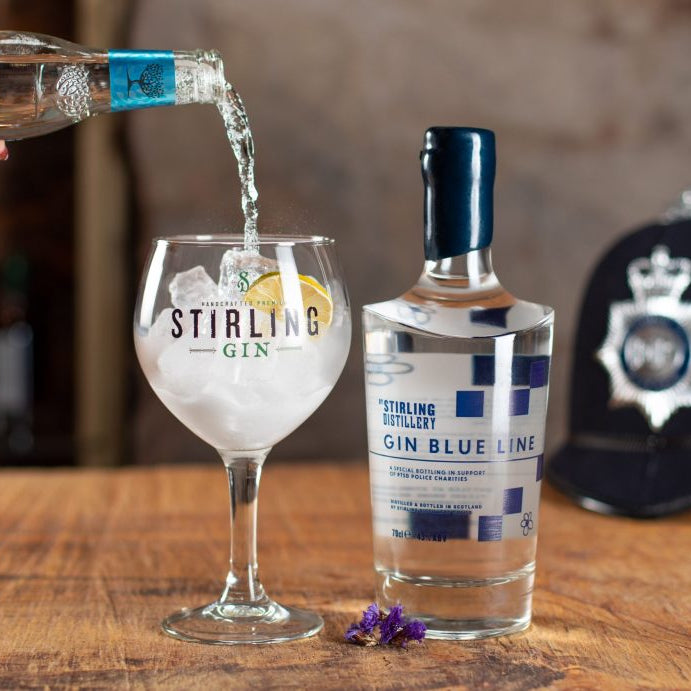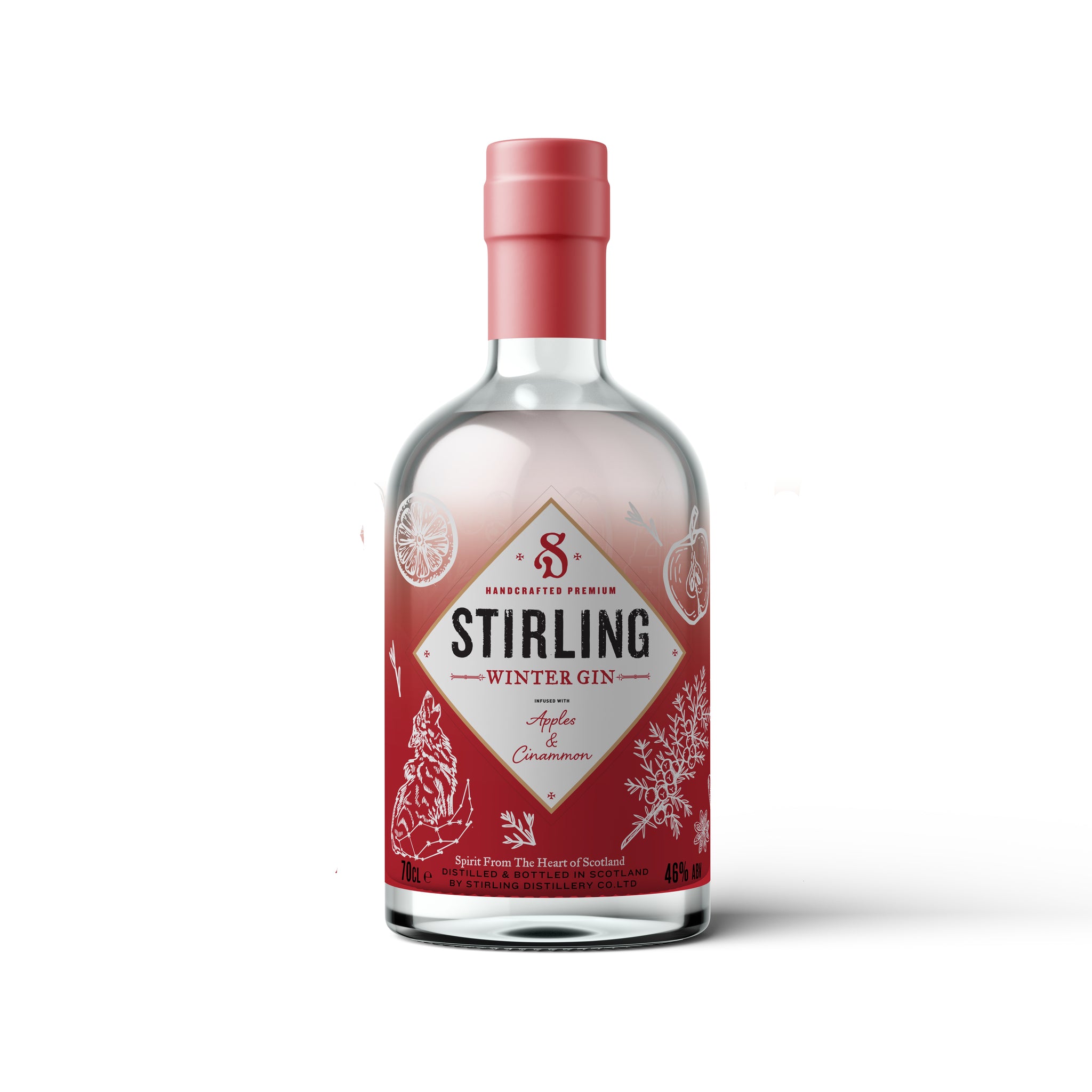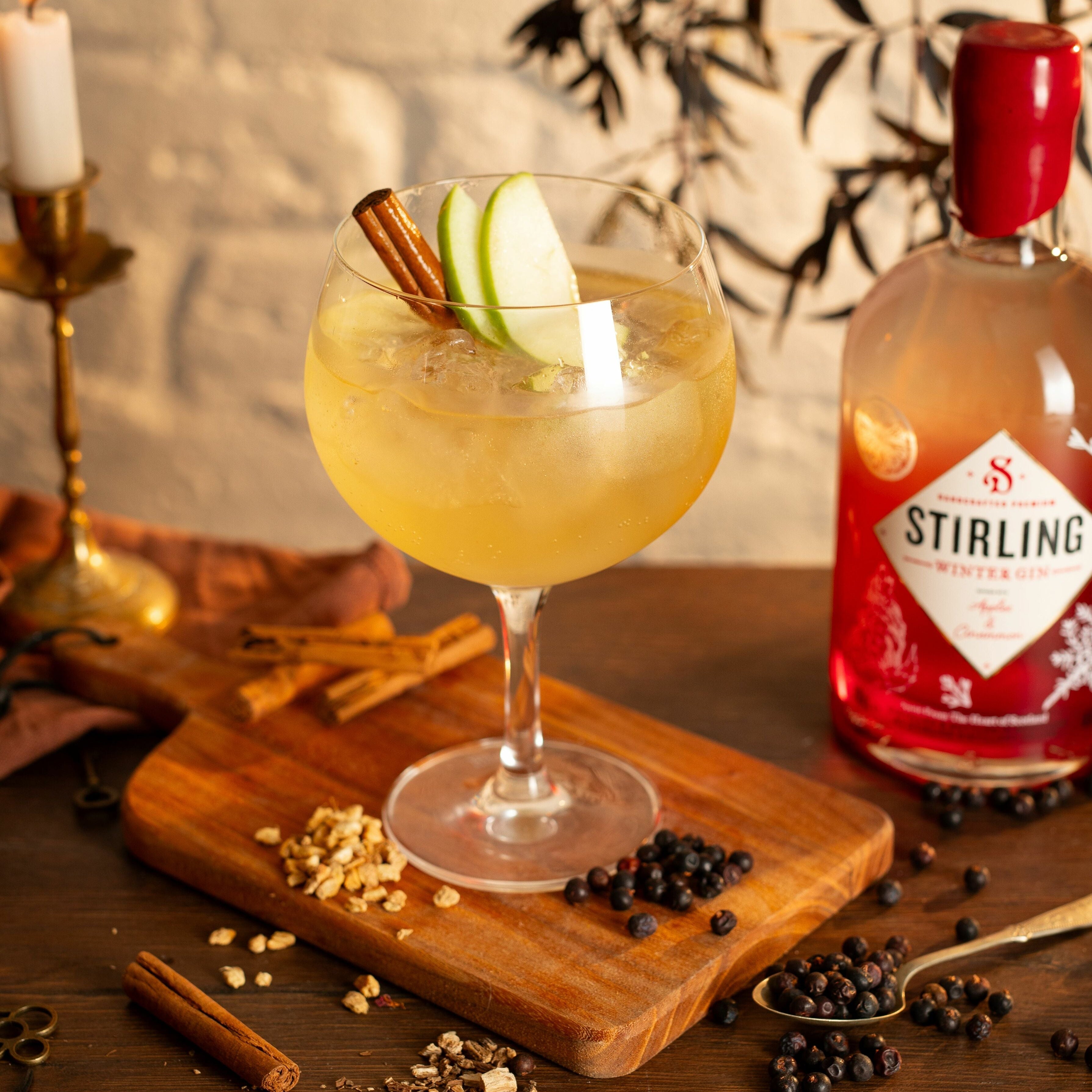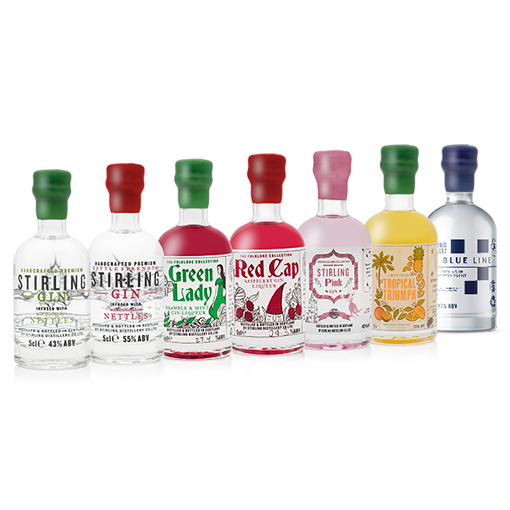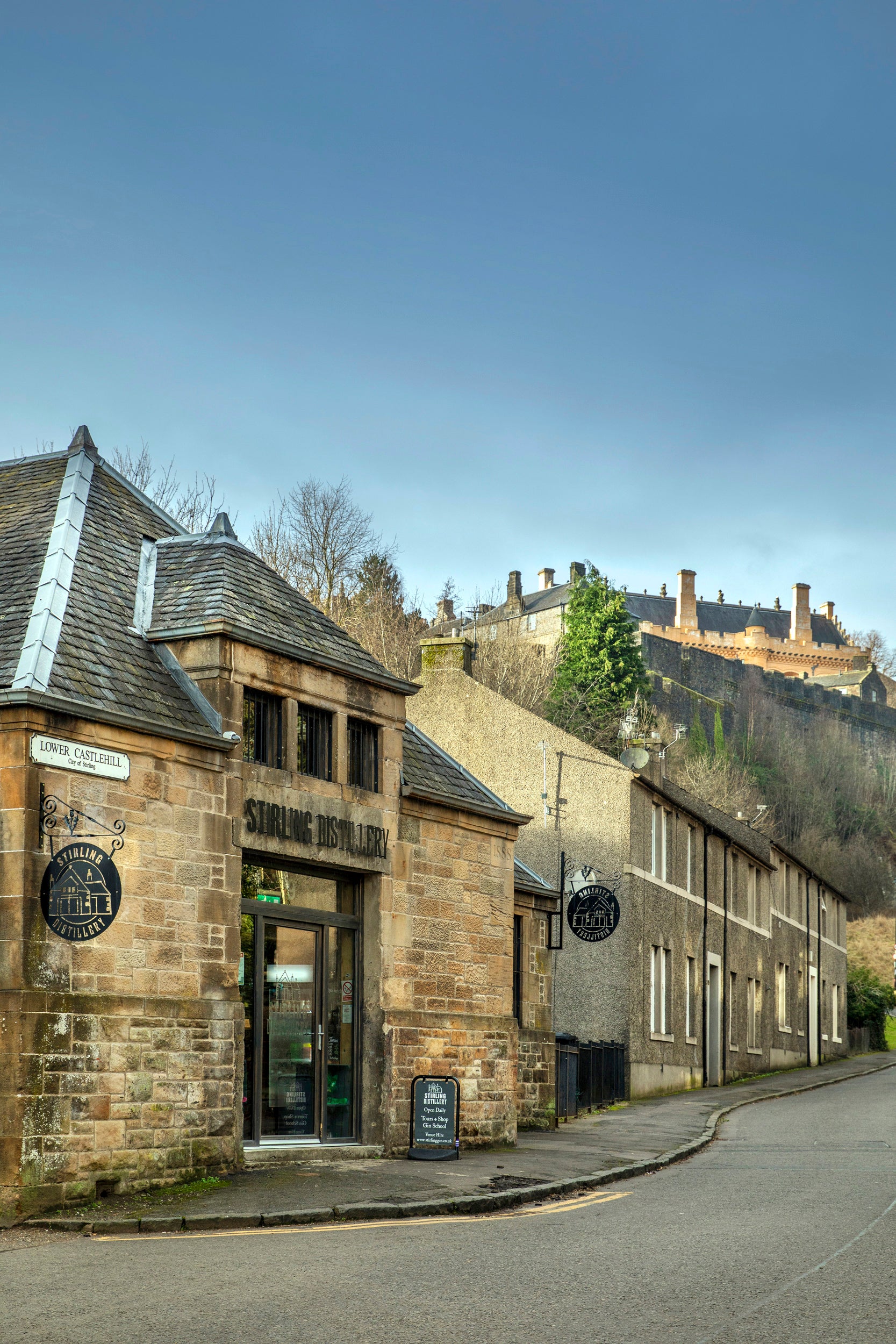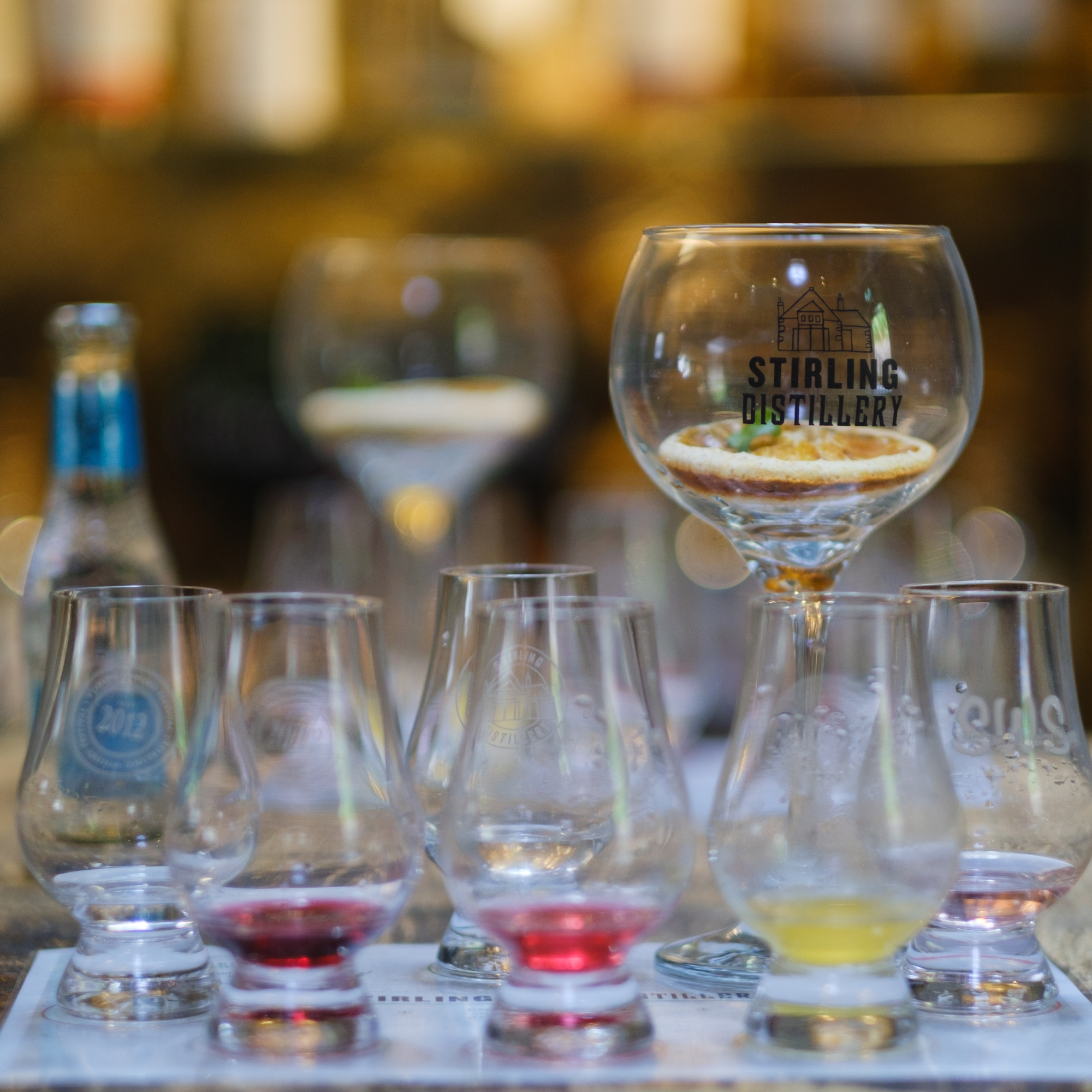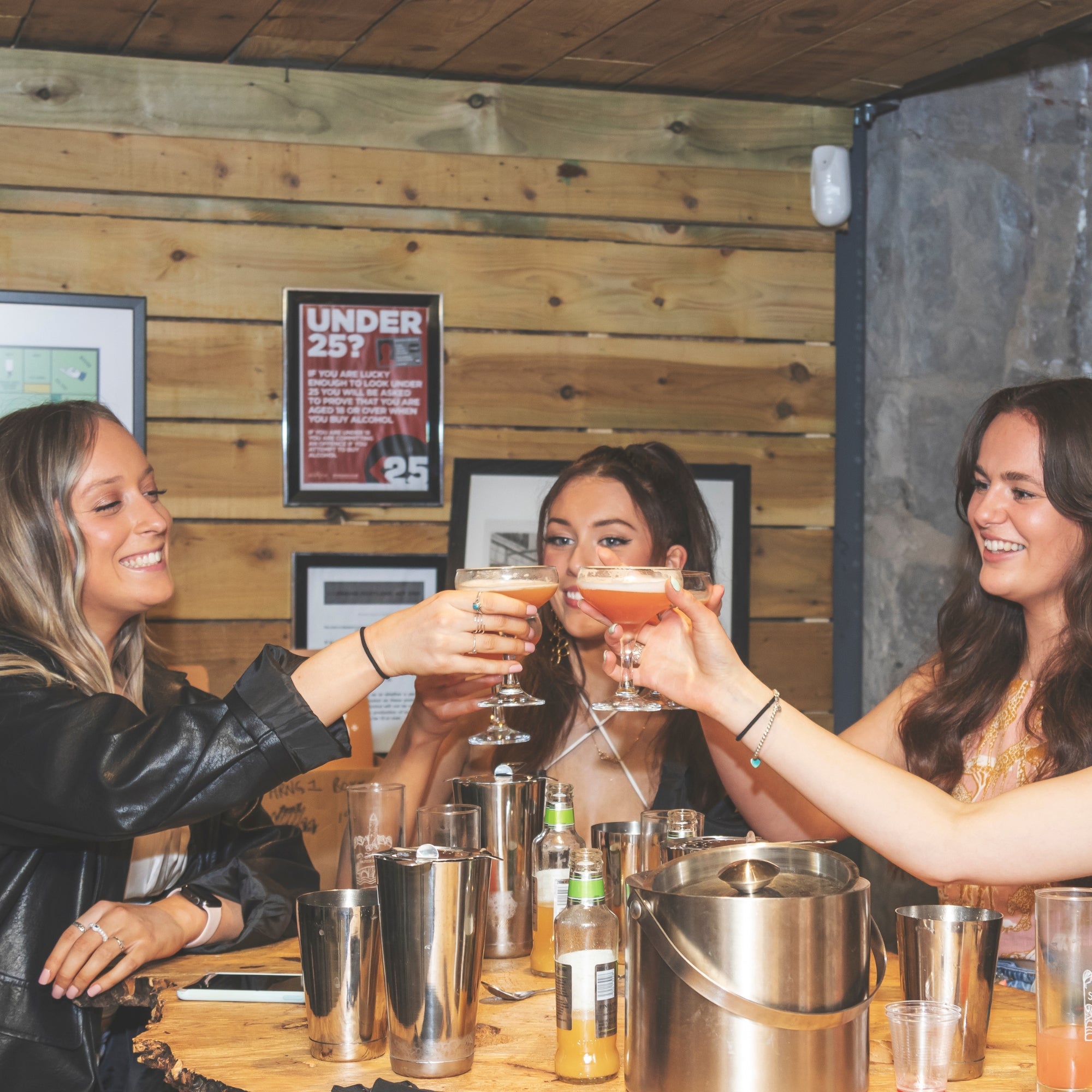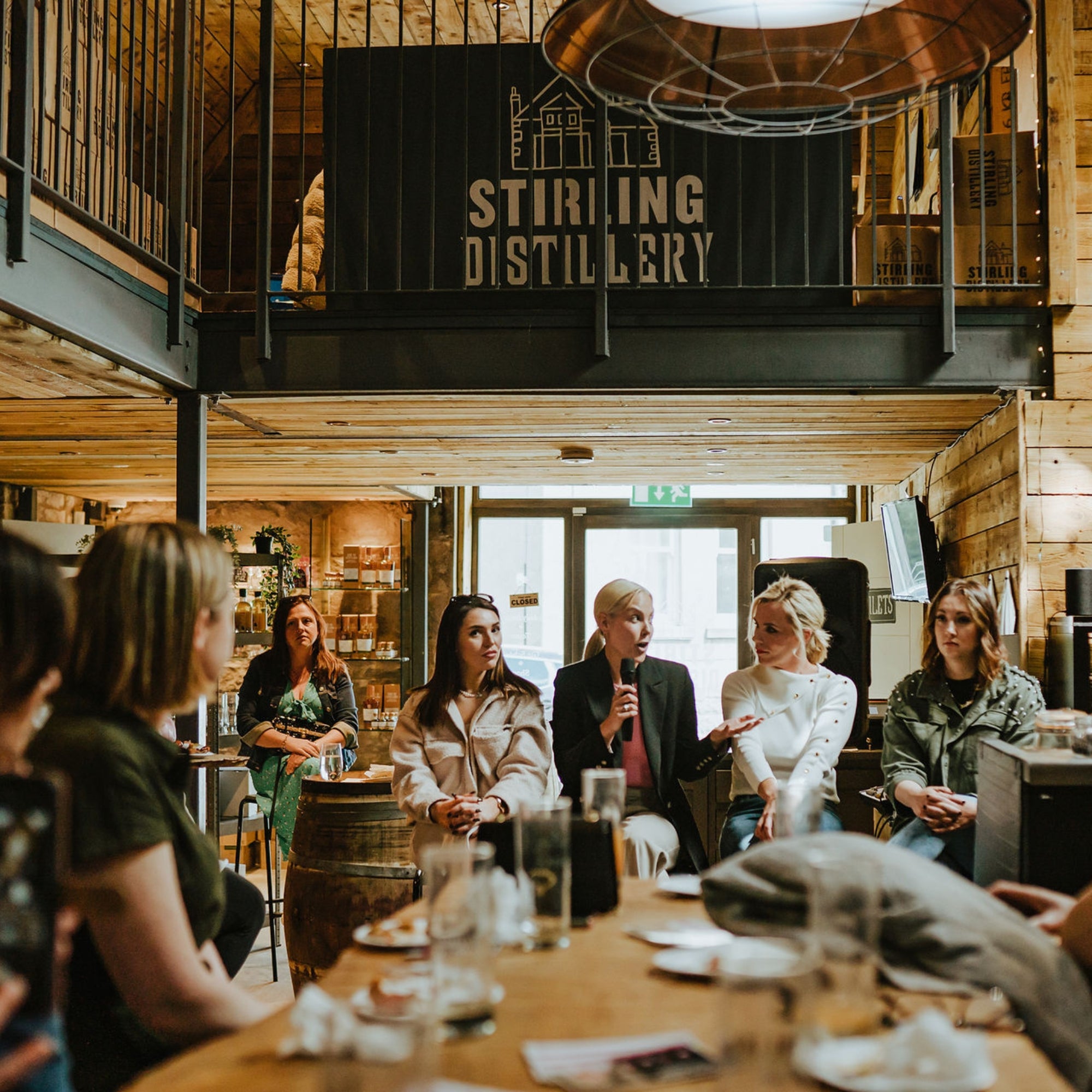Whisky Investment - What's Good?
The internet is awash with investment companies telling everyone about the vast returns that you can make in whisky. Some of them reference the chap that bought a cask of Macallan thirty years ago for a few thousand pounds and sold it for seven figures. As someone who has been collecting, investing and working in the industry for two decades, there is absolutely money to be made in whisky.
That said, it’s not just as easy as buying a cask today and selling it in the future, retiring on the profits. I thought as we go into 2024 I would share my thoughts and wisdom on the matter…
Cask investment
This has been a long-standing trend, but availability of casks is much lower at the moment which is pushing up demand and therefore costs (and returns). But it can sometimes be a poisoned chalice and you need to be really careful who you’re working with. Obstacles in the road can often be buying through third parties, and not getting a certificate of ownership. That cask might have passed through so many hands you cannot guarantee the authenticity of it. So my first tip would be to always try and buy direct from a distillery.
When someone wants to buy a cask from us at Stirling Distillery. I always ask a few questions:
- What do you want to do it for? What is your motivation behind buying a cask?
- What do you want to get from it?
- Do you know how much liquid and bottles you’ll have at the end?
- Do you know the exit cost, bottling, duty and VAT costs?
- Are you aware the distillery may not want to buy it back from you?
- Are you mindful of the risk of losing the authenticity of the product?
- What can you afford?
- What time frames are you looking at for a return?
Many distilleries may have restrictions on what you can do with it and when it's bottled so make sure you know what your limitations are.
If you ask me for advice on the best approach to take with whisky investment, I will always check you’re happy with the complexities of cask investment over whisky bottles. You have to really know your stuff, and be willing to spend the time researching it.
Collecting bottles of whisky
This is where I started. There is a thrill in seeking a rare bottle for whatever reason, and the costs are significantly lower, albeit the returns are still relatively good. It’s also safer because you’re not risking large amounts of money and facing the complexities of cask investment and you can turn the investment around much quicker.
Of course you might choose to keep the whisky for yourself (no judgement here!) so it becomes less of an investment opportunity and more of an expensive hobby. This is another risk!
When we ran our whisky shops, I was always being asked what bottles people should collect. Through me, one of my regular clients has spent approximately £15-20k on whisky since 2010, and now sits on a collection with a value of over £100k. Get the right advice and the returns on bottles can be quite significant. The same client recently invested in our Cask Club by purchasing one of our VI Casks for King James six bottle sets. If your preference is for exclusive bottles rather than investing in casks, our VI Casks for King James six bottle set is the perfect choice, and was created for this very reason. Whilst this is a bit of a plug for our product, the point is valid. Bottles can be a stepping stone into further whisky investment.
So ultimately, my advice would be, buy direct from a distillery. Do your homework, be aware of the pitfalls of buying through an investment company, and ensure you know what your plan is once you’ve made the investment.
Feel free to get in touch if you’d like to bend my ear on the subject. Whisky is my favourite thing to talk about! And take a look at our whisky pages to learn more about what we’re doing at the distillery: https://stirlingdistillery.com/collections/whisky
Cheers
Cam


